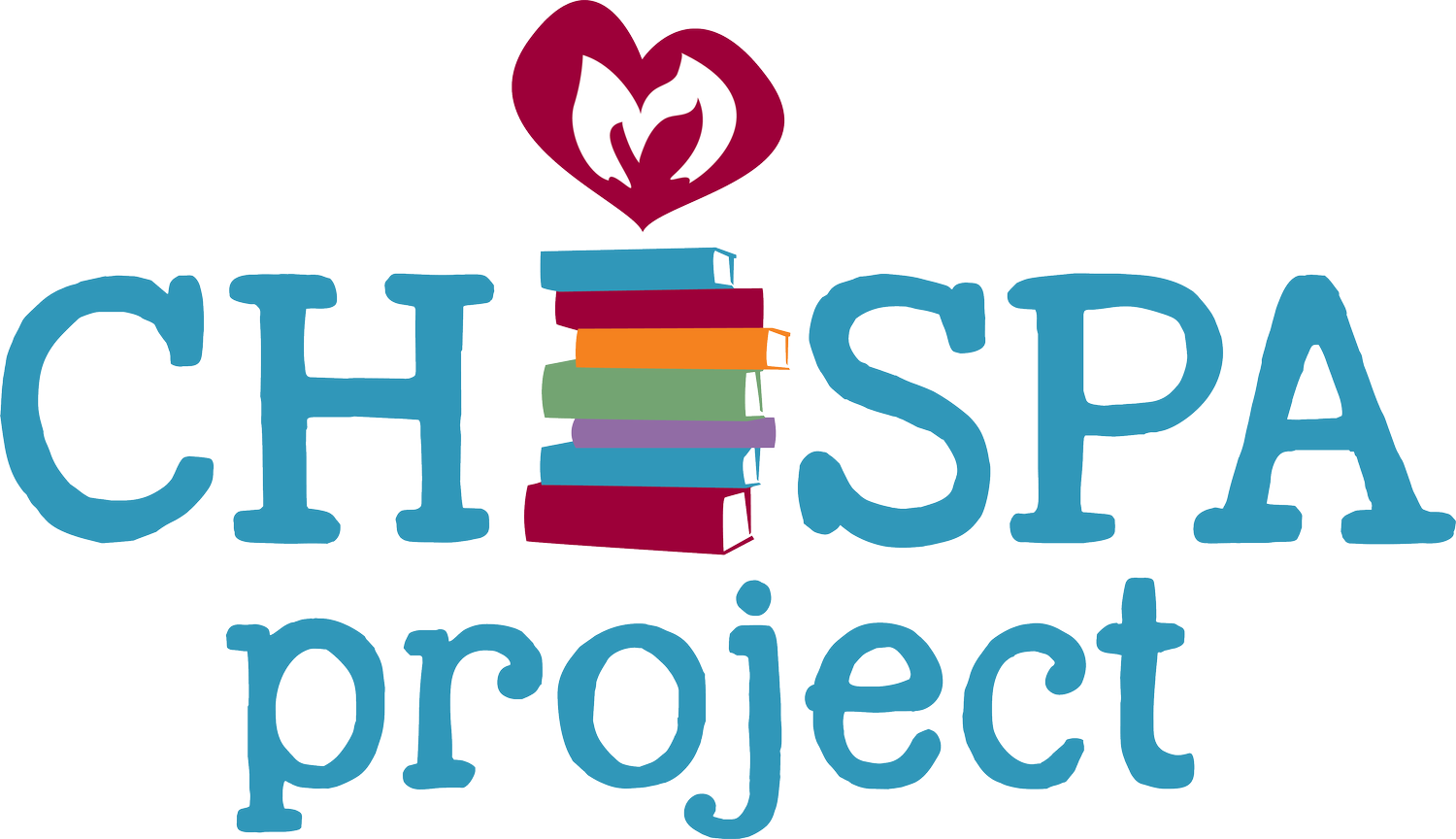Transform Libraries, Transform Societies
Last week, we were honored to be asked to present the Chispa Project perspective on sustainable libraries at the XIII Jornada de Bibliotecología en Honduras (the XIII Conference for Librarianship in Honduras), where we connected with librarians, teachers, administrators, lawyers, and above all, people passionate about literacy and access to resources, from all across Honduras.
What do copyright law, leadership training, and smartphone apps all have in common?
The answer? Each one is a tool that librarians can use to make information resources more accessible for the populations they serve. At its heart, a librarian’s position is truly one of service, connecting readers and library users to the information they need to be successful. Whether success means translating a text to brail or to an auditory format, showing readers an app that can help them access the information that they need, or helping a reader to recognize valid sources of information, all are aspects of literacy and knowledge building.
Over the three-day conference, attendees learned about automating their library inventories, about different activities to engage the readers’ interests, about how Instagram can help connect with readers, about appropriate times to photocopy texts, how to create short user-friendly videos and so much more. But more so than anything else the conference was a reminder that until information is applied, it is data and nothing more. The job of the librarian is to facilitate readers in identifying, evaluating, and applying the information that they encounter so that it becomes knowledge and practice.
The Asociacion de Bibliotecarios y Documentalistas de Honduras (ABIDH) is a group of indvidiuals who see themselves as the gatekeepers to knowledge and learning for their country. They are confronted this year with two enormous tasks: combining traditional library norms with the technology focused demands of incoming readers, making information resources available and accessible to all students in Honduras. These leaders of schools and communities feel very much up to the challenges at hand, as they joked frequently throughout the conference “[Librarians] learned the advantages of sharing resources and working as a team far before many other professions.” Adelante, equipo, to a Honduras with more libraries and more learning for all!





